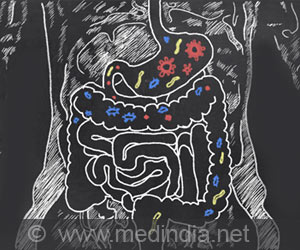How do you Diagnose Leaky Gut Syndrome?
The following strategies can be adopted for diagnosing LGS:
- Medical History: Taking a thorough medical history of the patient will help to ascertain any habit of alcohol consumption or use/abuse of antibiotics and other drugs.
- Physical Examination: A detailed physical examination will help to identify any skin conditions such as eczema, acne, urticaria, and psoriasis. Other symptoms like abdominal cramps / pain or fibromyalgia can also be diagnosed.
- Stool Test: A stool test can identify the presence of any infectious pathogens in the gut, such as fungi, bacteria, and parasites. In this context, candida (a type of yeast) overgrowth or disturbance of the normal bacterial flora in the gut is very common in LGS.
- Lactulose/Mannitol Test: This test helps to detect both increased intestinal permeability and reduced absorption.
- Zonulin Test: Zonulin is a protein that controls the permeability of the tight junctions in the lining of the gut. This test detects zonulin, as elevated levels of this protein indicates increased intestinal permeability.
- Food Sensitivity Testing: This type of test helps identify and measure the levels of certain chemicals like histamine, serotonin, prostaglandins, cytokines, interleukins, and IgE in the blood. The presence of these chemicals indicates an allergic reaction to the specific food item being tested.











